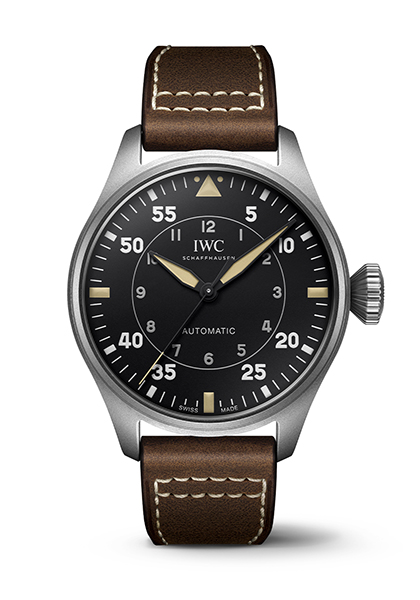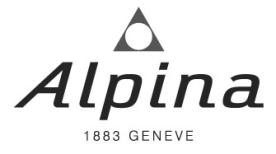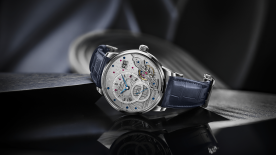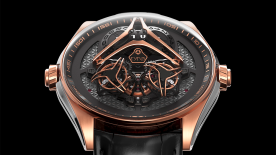Titanium is a biomaterial that is widely used to make prostheses and implants.

Knowing that three-quarters of the global population is allergic to nickel, nickel-free titanium alloys minimise the risk of rejection. And that’s not all. Because it weighs half as much as steel or bronze, titanium ensures greater patient comfort. Neither of these qualities have escaped watchmakers who began their adventures in titanium a dozen or so years ago, also encouraged by titanium’s other properties such as a metallic grey colour (similar to steel but with greater depth) and non-magnetism.

Because it is non-ferrous, titanium is unaffected by magnetic fields - such as the one our smartphone produces - which can have an adverse effect on a mechanical watch’s precision by causing it to run fast or slow.

The most popular form of titanium for watchmaking is an alloy of 90% titanium, 6% aluminium and 4% vanadium – or grade 5 as it’s known to friends. This savvy cocktail has a hardness of 300 Vickers, making it stronger than steel. Not having to worry about scratching your watch’s case or bracelet is certainly a benefit for the wearer, and a strong selling point, but presents a drawback for production.
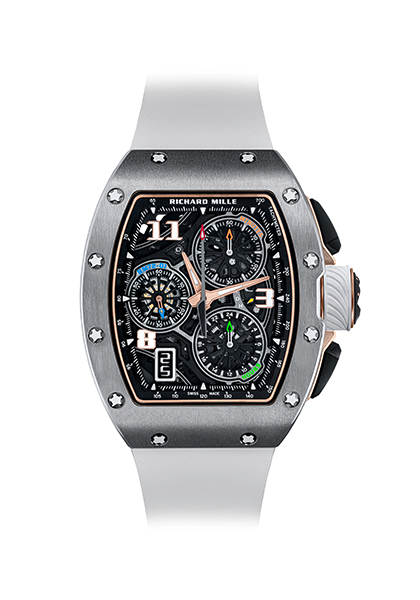
Because of its hardness, titanium is more difficult to work with and has to be machined using specific tools, after special preparation. Also, because titanium is inflammable, every tool must be equipped with an extinguisher for obvious safety reasons.
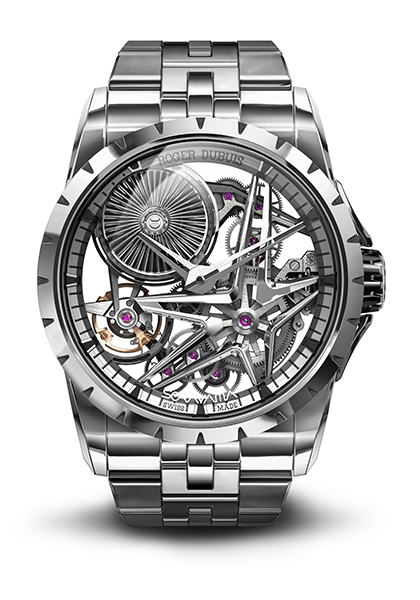
Understandably, this increases production cost and therefore the retail price of titanium watches in general. Is this a blot on an otherwise idyllic landscape?

Not for the end customer who is prepared to pay extra in exchange for titanium’s multiple qualities in exactly the same way others will pay a premium for a gold watch and what they perceive as its greater attractiveness and prestige.

So let’s hear it for titanium, in particular as the metal of choice for sport watches that need to be comfortable, hence light, and able to withstand knocks. Virtually every brand now features titanium in its collections and its popularity keeps on growing: the wonderful world of jewellery has fallen for titanium as an alternative metal to create stronger, lighter mounts in an original shade of grey.
